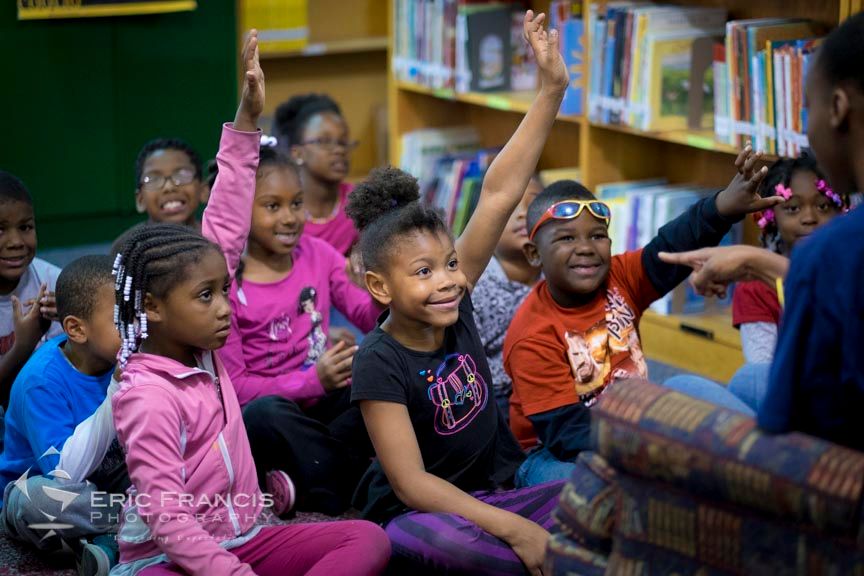
When a child’s behavior isn’t the best, it can be easier to punish than discipline them. However, rather than jumping to the consequences, initiating positive discipline strategies can help teach children why their behavior is wrong and how they can act better. Punishment doesn’t really teach them or prevent it from happening again. Punishment is short-term, discipline is long-term.
Kids inherently jump from happy and lively situations to being angry and upset at any moment. Positive discipline is all about having patience and teaching your child a lesson they can learn from. These strategies are the best use of your time and energy, and they have a lasting effect!
DREAM’s youth mentoring programs are a great way to give your child a safe and nurturing environment to go to after school. We focus on building strong relationships so children have someone to lean on in a number of situations. Through patience, redirection and ground rules, we can help shape the youth of our future.
Have patience
This is easier said than done. Patience is one of the hardest virtues to learn and consistently practice. However, the more patience you have, the more likely you are to see results. Patience is the first positive discipline strategy. You will see more trust being built between you and your child when you’re patient. Celebrate the improvements you see in your child, as it will help them maintain this type of behavior.
Use redirection
Rather than just saying no, redirect your child to another choice that results in the same outcome. In fact, children under age three do not understand “no” in the same way that we do. This strategy works well for children who do not yet understand reason and logic. It’s all about turning a negative situation into a positive one.
For example, if your child is throwing blocks because their block tower keeps falling down, suggest building something else that doesn’t require balance or suggest another activity like going outside and playing with a ball. Let your child know that how they’re reacting isn’t acceptable, and redirect them to something else that is.
Ground rules
Once a better outcome has been reached, you have the opportunity to set some ground rules so that type of behavior doesn’t happen again. If your child is able to learn from this lesson, they will more than likely repeat the positive behavior over the negative. Ground rules help your child know what the right way to act is, and direct them toward that behavior. We want to create habits that stick.
How youth mentoring programs help
Youth mentoring programs help teach children how to relate, understand and communicate with their peers, parents, educators and others within the communities we serve. DREAM’s team mentoring programs give youth resources and opportunities to succeed. We want them to have positive experiences that they can learn and grow from. If you’re interested in how you can be a part of our organization, contact us today!


